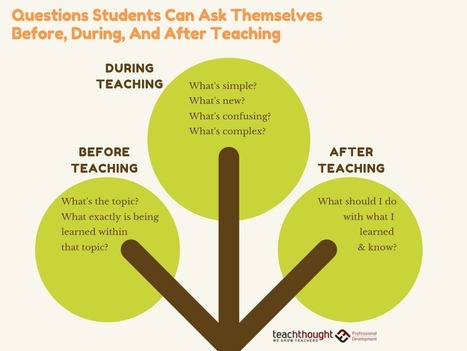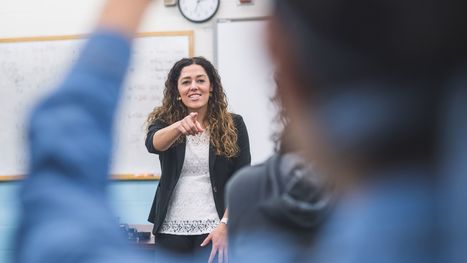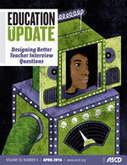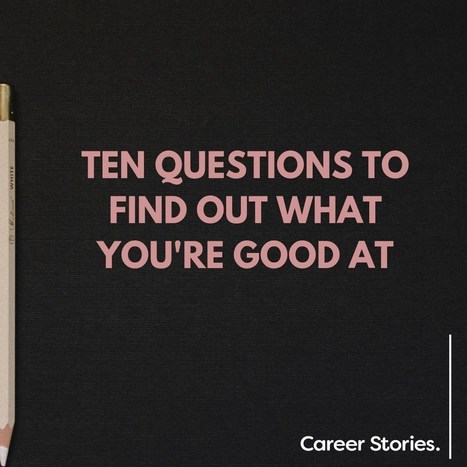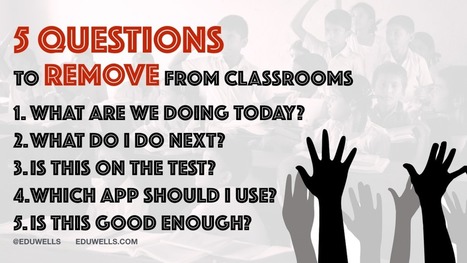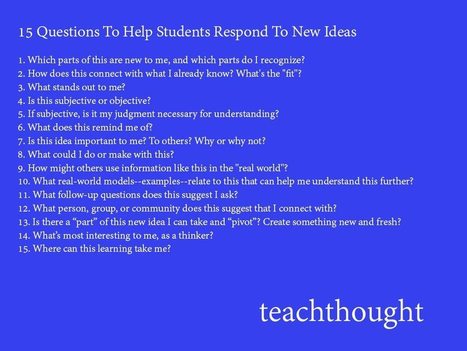Are there questions students can ask themselves while you’re teaching? Questions that can guide and support their own thinking and awareness before, during, and after your teaching?
Of course, this assumes you’re ‘teaching’ a traditional ‘lesson’ with a learning objective or target. If not, this may not be very helpful. This is also a list that, like many I’ve done, could get unnecessarily long fast. In some ways, this functions something like a KWL chart. The idea here, however, is less about brainstorming before or after a lesson, but rather having questions useful to guide the student so they can know what to expect.
A few tips to get started:
Research and publish the best content.
Get Started for FREE
Sign up with Facebook Sign up with X
I don't have a Facebook or a X account
Already have an account: Login
Professional learning in a glance (or two)!
Curated by
John Evans
 Your new post is loading... Your new post is loading...
 Your new post is loading... Your new post is loading...
|
|




